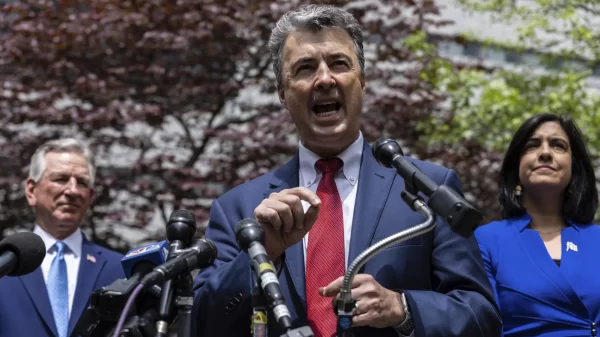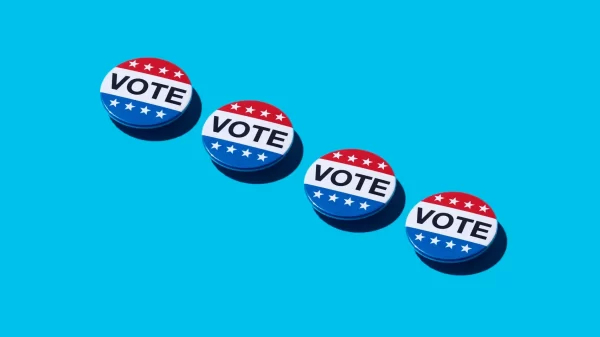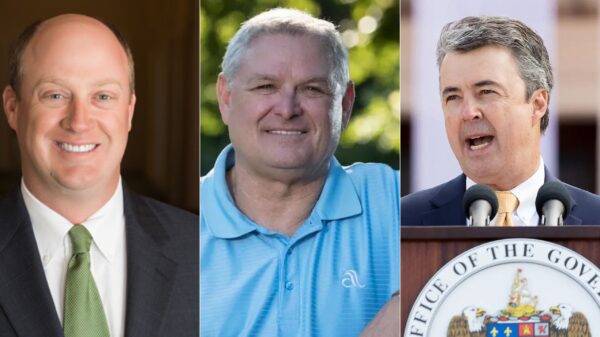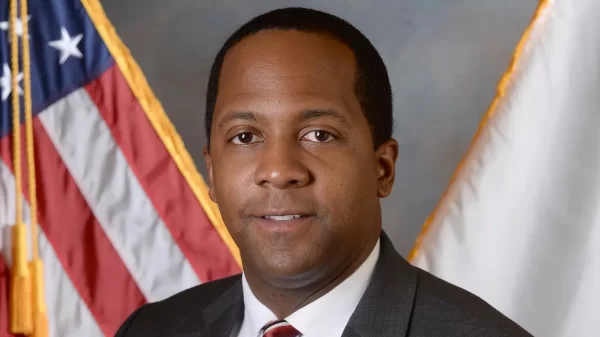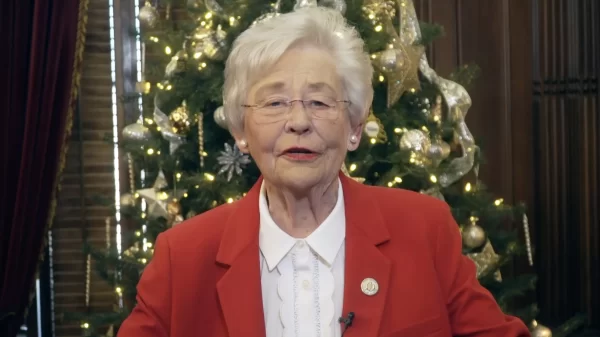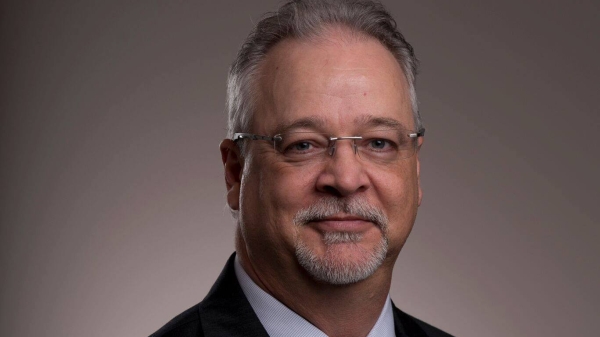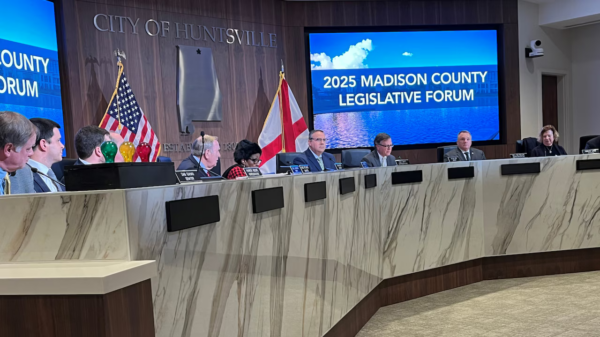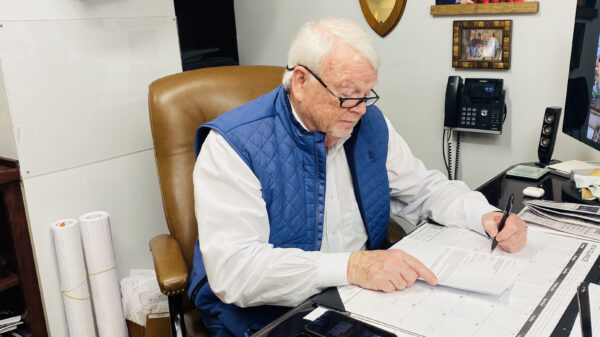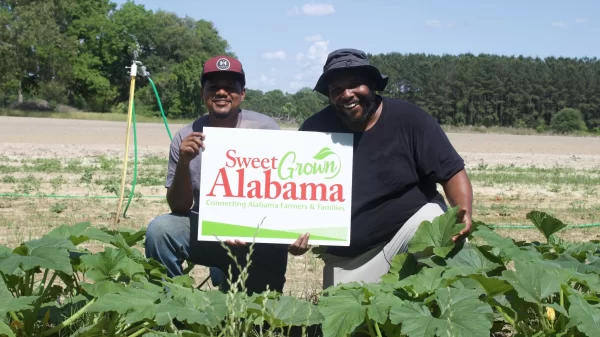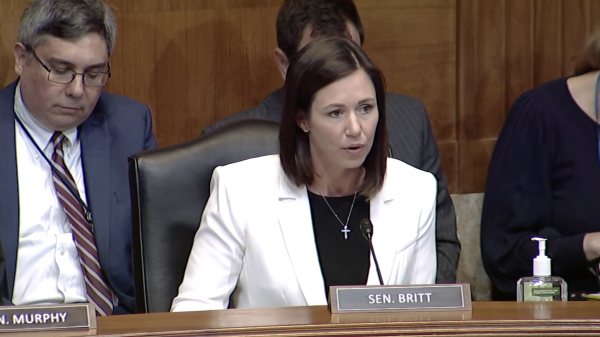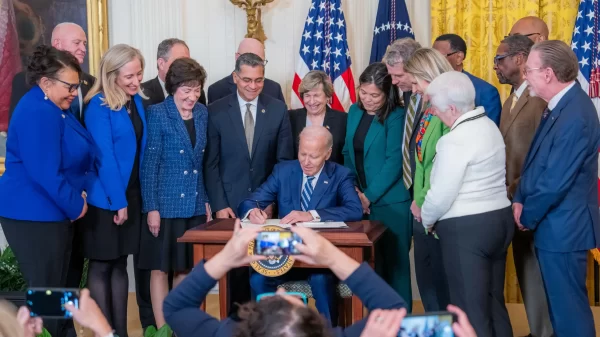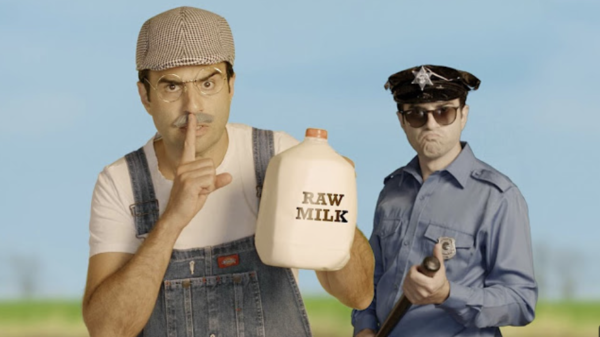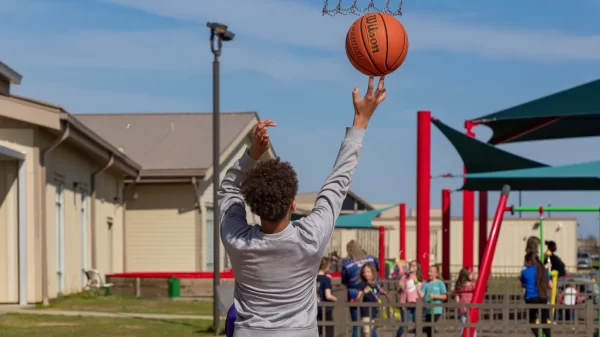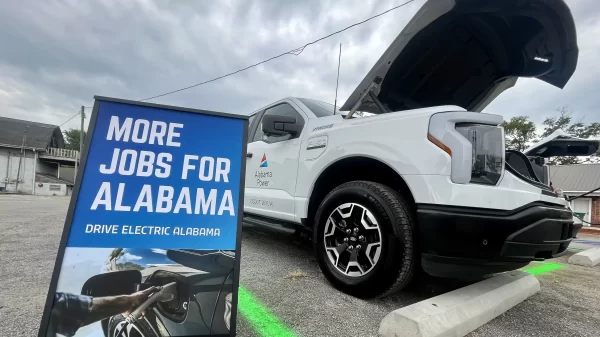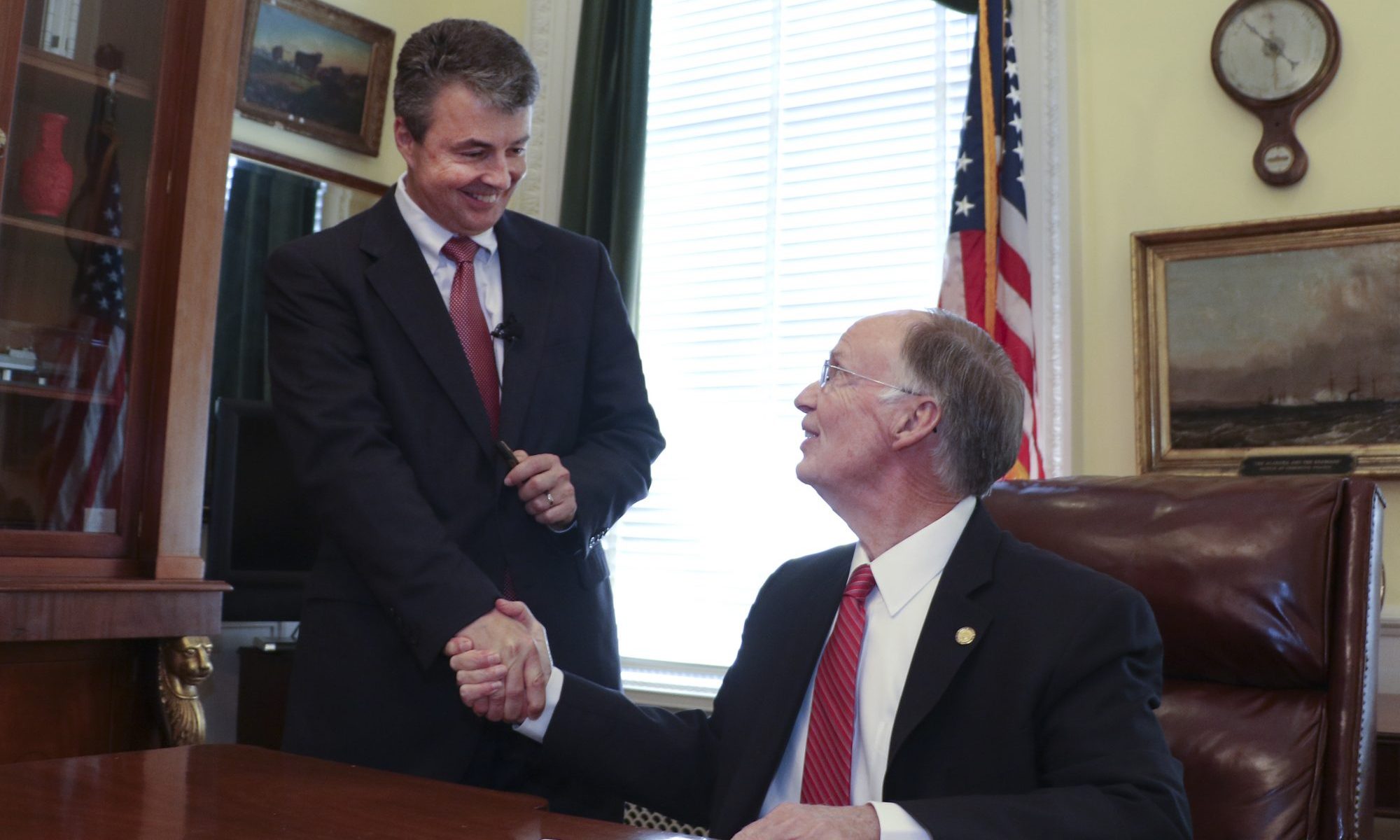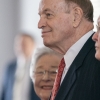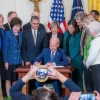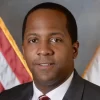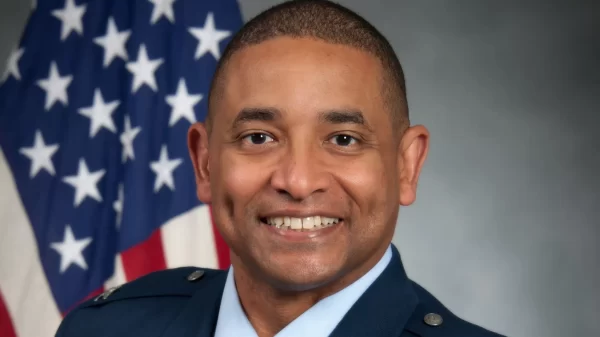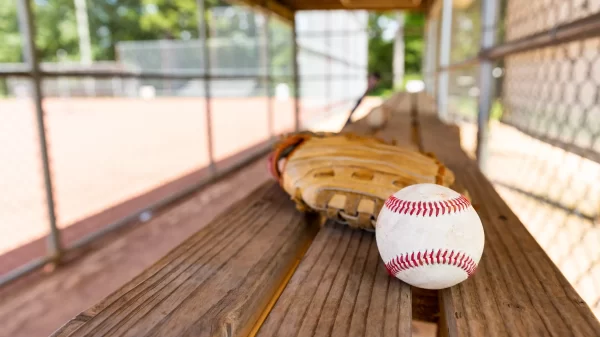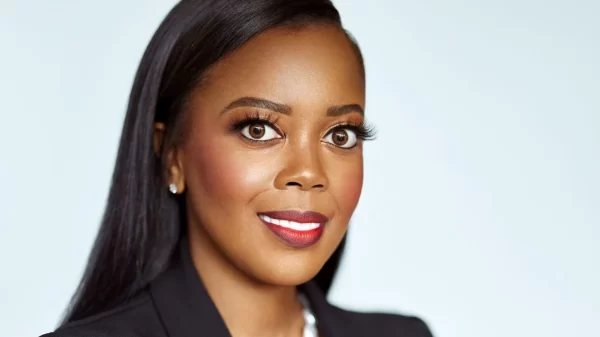Two Montgomery attorneys on Thursday asked Montgomery District Attorney Daryl Bailey to investigate Alabama Attorney General Steve Marshall’s acceptance of campaign donations that appear to violate state law.
Julian McPhillips and Melissa Isaak have submitted a letter to Bailey outlining the $735,000 in donations to Marshall from the Republican Attorneys General Association and illustrating how those donations violate the state’s ban on transfers between political action committees (PACs). They’ve asked Bailey to present the case to a grand jury.
“We believe the violation is clear and someone needs to act or we’re going to be left in the same predicament we were with (Robert Bentley and Mike Hubbard),” said McPhillips, a longtime Montgomery attorney who has been active in the state’s Democratic Party for a number of years. Isaak is best known for her representation in recent years of former Alabama Supreme Court Chief Justice Roy Moore.
The issue of the donations from RAGA to Marshall has been a hot topic in the race for AG since the Republican primary, when former AG Troy King, who was challenging Marshall, first filed an Alabama Ethics Commission complaint about them. That was in June, and the Ethics Commission has not taken up the matter.
And at least by the letter of the law, the donations appear to violate Alabama law.
That law, passed by Republicans in 2010, makes it illegal for PACs to transfer money between each other — a method used to obscure the original source of campaign contributions.
Marshall has repeatedly claimed the law doesn’t apply to federal PACs and that enforcing Alabama law on a federal PAC would be impossible.
However, the PAC-to-PAC ban specifically states that it applies to both in-state and out-of-state PACs, and it puts the responsibility on the candidate to relinquish those funds within 10 days or face criminal penalty.
A similar issue arose with former AG Luther Strange, who accepted RAGA donations in 2014. But Strange returned the money.
Additionally, when the law was challenged in federal court, Marshall argued in court briefs that the ban was “the only legal protection standing between Alabama voters and the reality or appearance of quid pro quo corruption.”
On Thursday, in response to McPhillips and Isaak asking that he be investigated for violating that law, Marshall, in a statement, called it a “stunt” and oddly blamed everything on “paid bloggers” and “liberal activist lawyers.”
Both Bentley and Hubbard used similar rhetoric before they were convicted of violating state laws. Bentley, specifically, was forced to plead guilty to violations of campaign finance laws — a fate that McPhillips, Isaak and numerous other attorneys around the state have argued that Marshall will ultimately face.



